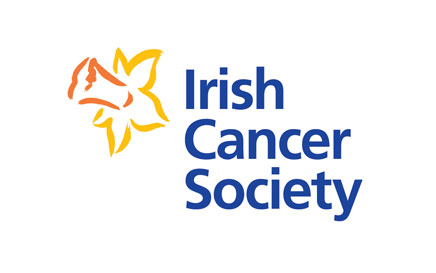posted by tribedev
11 April 2025
Radiotherapy side effects
I am 3 weeks post radiotherapy for breast cancer, chemotherapy was not required based on my diagnosis. My breast is still very painful and very irritated and I am continuing to use E45 cream 3 times a day, I have been told to stop using the hydrocortosine cream. I was wondering if anyone else has had similar side effects and how long they last. I was told 2 (ish) weeks but nearly at 4 weeks now, I understand everyone is different but its very uncomfortable. I've contacted the radiotherapy unit and they said its normal but if it persists this week I'll need to go back.. Thanks so much in advance

